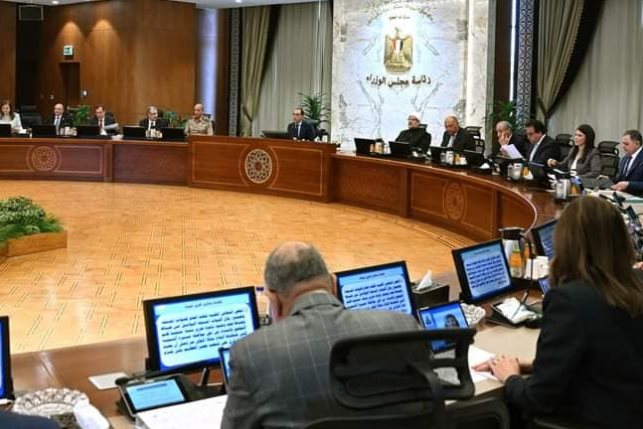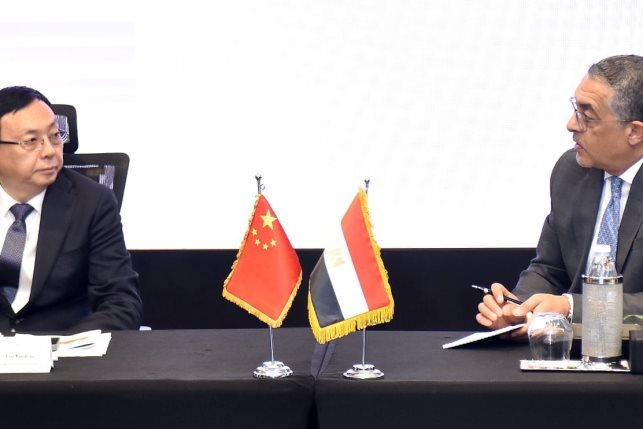Egypt lowers GDP growth forecast in light of Russia-Ukraine conflict
El Said pointed out that the conflict caused significant shock in the global markets, which has reflected negatively on trade, investment and inflation rates around the world

The Russia-Ukraine conflict continues to affect the local economy, being cited as one of the main reasons why Egypt has recently lowered its expectations for the country’s real GDP growth in the upcoming fiscal year of FY2022/2023.
In statements before the cabinet’s weekly meeting, Minister of Planning and Economic Development Hala El Said revealed that Egypt’s real GDP forecast has dropped to 5.5% from 5.7%, which was released in January before the conflict began.
After the meeting, the cabinet released a statement that it plans to narrow its budget deficit to 6.1% of Egypt’s GDP for the FY2022/2023, targeting a primary surplus of 1.5%.
El Said pointed out that the conflict caused significant shock in the global markets, which has reflected negatively on trade, investment and inflation rates around the world. On inflation projections, El-Said said that the government plans to contain the inflationary wave.
Prime Minister Mostafa Madbouly noted at the meeting that the finance ministry will be restructuring its FY2022/2023 plan, in consideration of global and domestic economic developments.
Minister of Finance Mohamed Maait said that the government may resort to revising the targets of the upcoming FY2022/23 as a result of the crisis’s spillover on the global and local economy.
Maait said that Egypt is expected to record a budget deficit of 6.7 percent in the current FY2021/22, adding that the government could revisit this target in light of the ongoing challenges.
El-Said said that FY2022/23 would see an increase in public investment allocations by 15.2 percent, down from 16.2 percent estimated prior to the conflict, to represent 78 percent of the total investments during the fiscal year.
Moreover, the government intends to lower the gross debt to GDP ratio to below 90%in FY2022/23, and down to 82.5% by the end of FY2024/25, as well as lowering the debt service to less than 30% of the total budget expenditure in FY2022/23.





